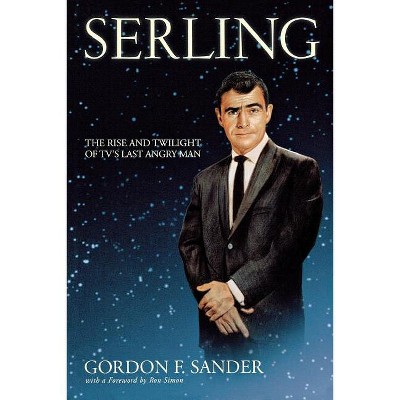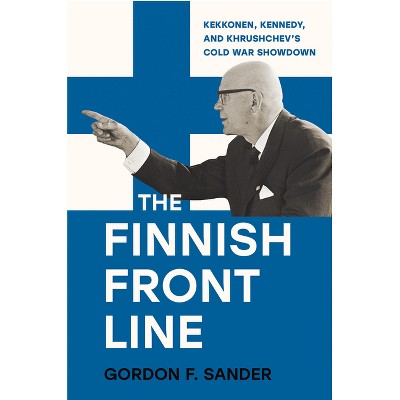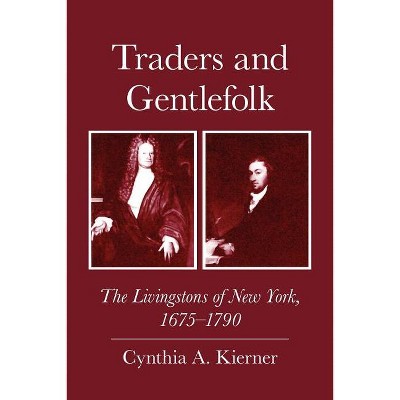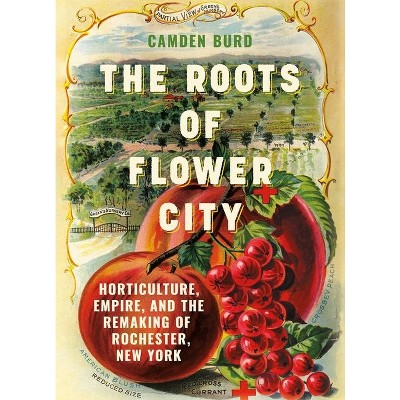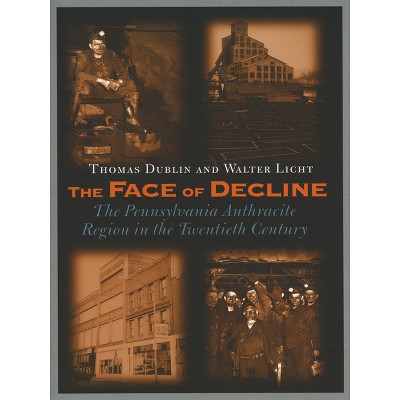About this item
Highlights
- In this book Michael A. Gordon examines the causes and consequences of the tragic and bloody "Orange Riots" that rocked New York City in 1870 and 1871.
- About the Author: Michael A. Gordon is Associate Professor of History and Co-Coordinator of the Public History Specialization at the University of Wisconsin-Milwaukee.
- 286 Pages
- History, United States
Description
About the Book
In this book Michael A. Gordon examines the causes and consequences of the tragic and bloody "Orange Riots" that rocked New York City in 1870 and 1871.
Book Synopsis
In this book Michael A. Gordon examines the causes and consequences of the tragic and bloody "Orange Riots" that rocked New York City in 1870 and 1871. On July 12 of both years, groups of Irish Catholics clashed with Irish Protestants marching to commemorate the victory of 1690 at the Battle of the Boyne that confirmed the Protestant Ascendancy in Ireland. The violence of 1870 left eight people dead; the following year, more than sixty died.
Reconstructing the events of July 12 in those years, Gordon provides a riveting and richly detailed account of the riots. He maintains that they stemmed from more than religious hatred or generations of oppression in Ireland. Rather, both years bear witness to a struggle between two profoundly different visions of the promise of America: a re-creation of European social classes or a form of life liberated from the constraints and stratifications of the Old World. These visions were enmeshed n the turbulent ideological and political confrontations arising from industrialization and newly found immigrant power under New York City's notorious mayor, William Marcy "Boss" Tweed. Gordon concludes by showing how the riots sparked a reform movement that toppled Tweed from power and led to the restructuring of city politics in the 1870s.
Review Quotes
Michael A. Gordon goes beyond the standard interpretation of the Orange riots and draws important distinctions between the two riots, tracing an intricate story of class, ethnicity, and politics in New York's Gilded Age.... Underpinning Gordon's book is an unusual sensitivity concerning the study of popular disorder.
-- "Journal of American History"Michael A. Gordon has written a carefully researched and powerful account of Irish sectarian violence in New York City.... There is a great deal to be learned from Gordon's approach, and not just about the Orange riots in New York City. His description of the riots as battles between two opposing world views should be tested on other instances of ethnic and religious violence, both in Northern Ireland and the United States.... This is a fine book, fair and judicious in interpretation and sophisticated in analysis. His careful and original treatment of these two days of violence lights up some dark corners of American ethnic, working-class, and urban history.
-- "American Historical Review"This well-written and well-documented study reveals the explosive mixture of ethnicity and class in nineteenth-century American cities.
-- "Journal of American Ethnic History"About the Author
Michael A. Gordon is Associate Professor of History and Co-Coordinator of the Public History Specialization at the University of Wisconsin-Milwaukee.







